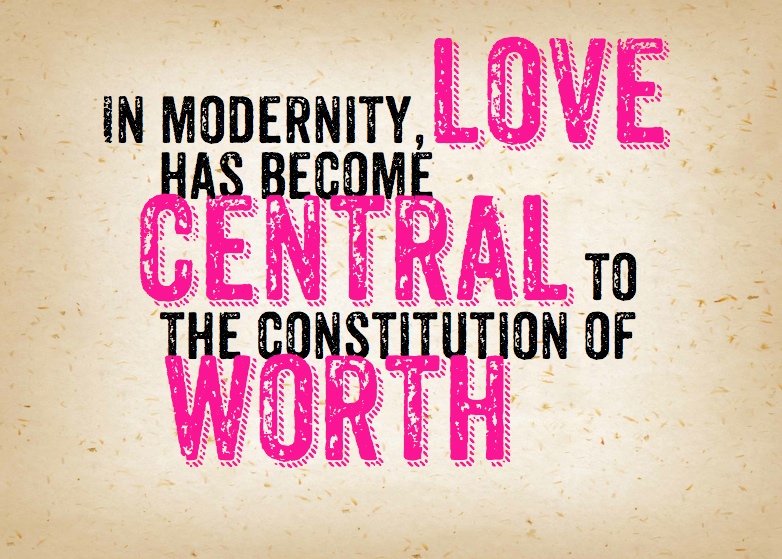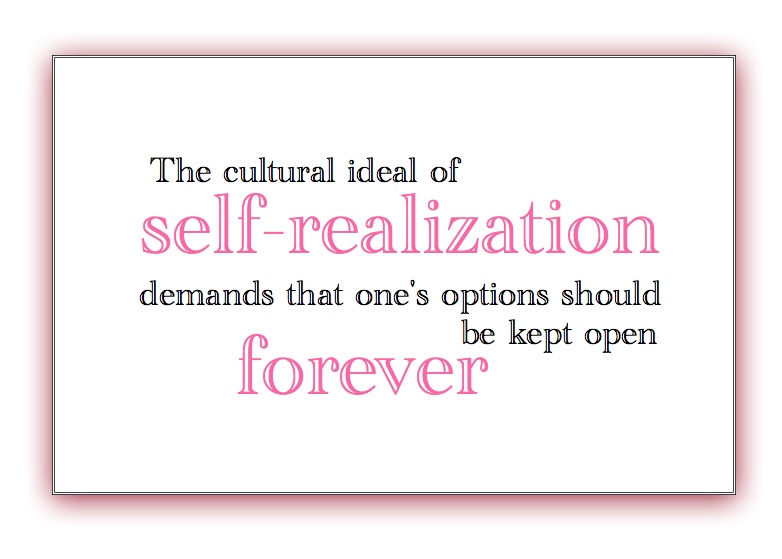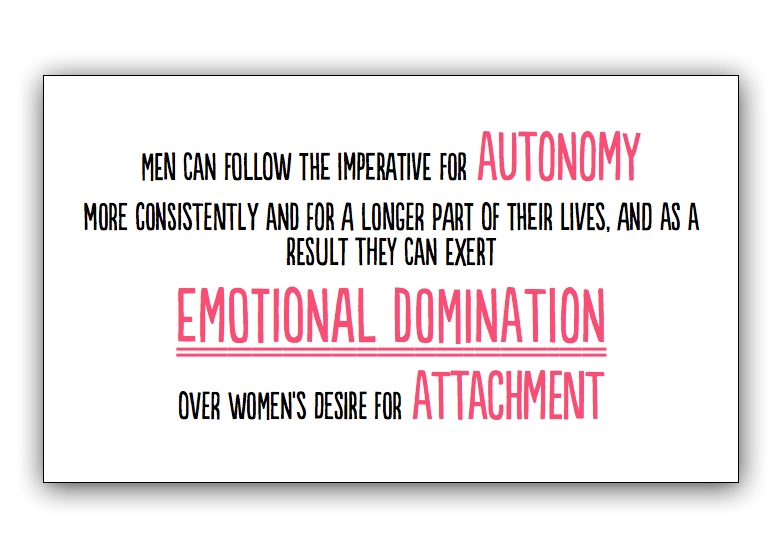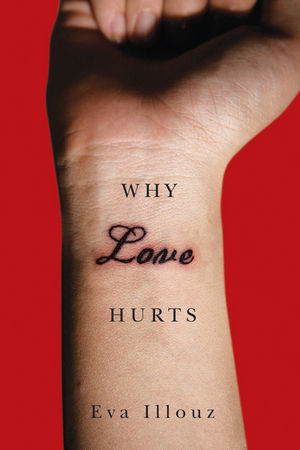“The grand ambition of this book is to do to emotions – at least to romantic love – what Marx did to commodities: to show that they are shaped by social relations; that they do not circulate in a free and unconstrained way; that their magic is social; and that they contain and condense the institutions of modernity…
“Men’s and women’s romantic unhappiness contains, stages, and enacts the conundrums of the modern freedom and capacity to exercise choice.” – Eva Illouz
Few of us are spared the agonies of intimate relationships. They come in many shapes: loving a man or a woman who will not commit to us, being heartbroken when we’re abandoned by a lover, engaging in Sisyphean internet searches, coming back lonely from bars, parties, or blind dates, feeling bored in a relationship that is so much less than we had envisaged – these are only some of the ways in which the search for love is a difficult and often painful experience.
Despite the widespread and almost collective character of these experiences, our culture insists they are the result of faulty or insufficiently mature psyches. For many, the Freudian idea that the family designs the pattern of an individual’s erotic career has been the main explanation for why and how we fail to find or sustain love. Psychoanalysis and popular psychology have succeeded spectacularly in convincing us that individuals bear responsibility for the misery of their romantic and erotic lives. The purpose of this book is to change our way of thinking about what is wrong in modern relationships. The problem is not dysfunctional childhoods or insufficiently self-aware psyches, but rather the institutional forces shaping how we love.
The argument of this book is that the modern romantic experience is shaped by a fundamental transformation in the ecology and architecture of romantic choice. The samples from which men and women choose a partner, the modes of evaluating prospective partners, the very importance of choice and autonomy and what people imagine to be the spectrum of their choices: all these aspects of choice have transformed the very core of the will, how we want a partner, the sense of worth bestowed by relationships, and the organization of desire.
George Miller interviewed Eva Illouz when she visited London this spring. To listen to the complete interview, click here. And to listen to extracts, click on the links below. At the bottom of this post, you will also find a video interview with Eva with additional content.
1. As an introduction to our discussion Eva Illouz compared the courtship manuals of the late nineteenth century and the dating guides of today. What has changed, and why is there a greater element of risk in the modern context? Click here [1:51].
2. “The main effect of psychology has been to privatize problems.” Eva Illouz reflects here on how psychology’s focus on the individual’s problems has overlooked their collective dimension – a deficiency which, she contends, sociology is well placed to remedy by examining the ecology of choice in which men and women operate today. Click here [2:20].
3. “Jane Austen was crucial to me.” Click here to hear about the part literature plays in Eva Illouz’s analysis of what has changed in our emotional landscape: “Literature often codifies implicit assumptions about emotions.” [2:29]
4. I asked Eva if she could give an example of how the architecture of choice had changed from Jane Austen’s day. Click here [1:58].
5. “Pre-modern people had these two models – affection and economics – as quite separate, and if they mixed that was [a matter of] great luck.” Eva Illouz explains here how – in her memorable phrase – economics has now come to “penetrate the machine of desire” [3:25].
6. We seek validation through our intimate relationships but also prize our autonomy. Why, despite all the strides made by feminism, do the disbenefits of this situation still fall disproportionately on women? Click here [1:11]
7. The Internet offers perhaps the quintessential example of the problems caused by seemingly endless consumer choice in the search for a partner. Click here [1:02].
8. “If there is a non-academic ambition to this book, it is to ‘ease the aching’ of love through an understanding of its social underpinnings.” So writes Eva Illouz in the book’s epilogue. In conclusion I asked her to explain how the book might contribute to easing that ache. Click here [2:26].
Eva Illouz introduces Why Love Hurts from George Miller on Vimeo.

